The former diplomat Baroness Valerie Amos has been chosen to lead a rapid review of maternity care in England.
In a letter to families who have been failed by poor maternity care, Health Secretary Wes Streeting said she "brings a wealth of experience through her senior leadership roles in national and international organisations".
The other members of the panel have not been named, amid significant concern from some families that those proposed are not independent of the NHS.
There has been no announcement of which NHS Trusts will have their maternity services investigated by the review. The Health Secretary said up to 10 areas could be examined.
The BBC has spent more than a decade speaking to bereaved and harmed families and gathering evidence of failing maternity services in a number of NHS Trusts, including: Morecambe Bay, Shrewsbury & Telford, East Kent, Nottingham and Leeds.
Mr Streeting announced his intention to conduct a review of maternity care in June and had hoped the work would be underway by now and completed by the end of December.
In his letter, Mr Streeting told the families more work was needed on appointing the panel of experts who will support Baroness Amos, as well as on the terms of reference of the review.
Some families have contacted Mr Streeting in recent weeks, expressing huge reservations about the people the Department of Health and Social Care had proposed to sit on the panel.
Families in both Leeds and Sussex have repeatedly requested that the senior midwife Donna Ockenden lead their inquiries - no decision on that has been made either.
Ms Ockenden is currently leading a review of maternity care in Nottingham, due to be completed next year, with around 2,500 cases being examined.
Reports elsewhere have found poor maternity care has led to preventable deaths:
- In March 2015 an investigation found mothers and babies died unnecessarily at the University Hospitals of Morecambe Bay NHS Trust between 2004 and 2013 - the report described a dysfunctional culture with substandard clinical skills, poor risk assessments and a repeated failure to properly investigate cases and learn lessons.
- In March 2022 an investigation into services at the Shrewsbury & Telford NHS Trust found more than 200 mothers and babies could have survived with better care.
- Then, in October that year, a review into maternity services at East Kent Hospitals University NHS trust found at least 45 babies might have survived if they had been given proper treatment.

 German (DE)
German (DE)  English (US)
English (US)  Spanish (ES)
Spanish (ES)  French (FR)
French (FR)  Hindi (IN)
Hindi (IN)  Italian (IT)
Italian (IT)  Russian (RU)
Russian (RU)  3 weeks ago
3 weeks ago
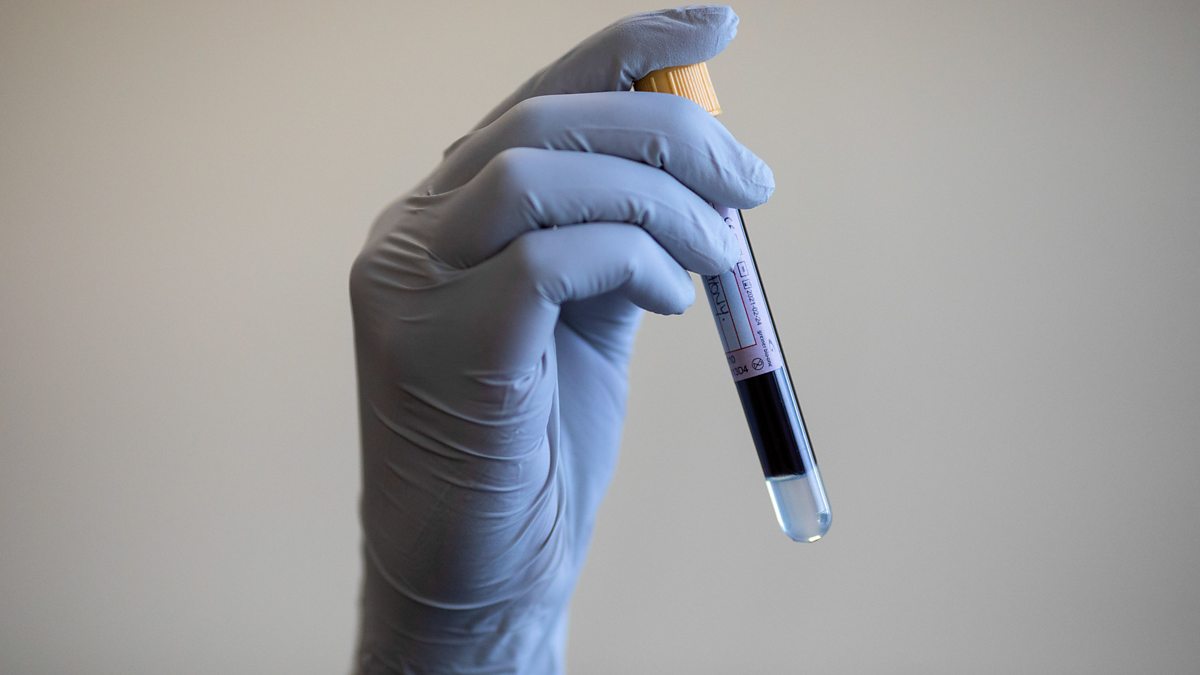
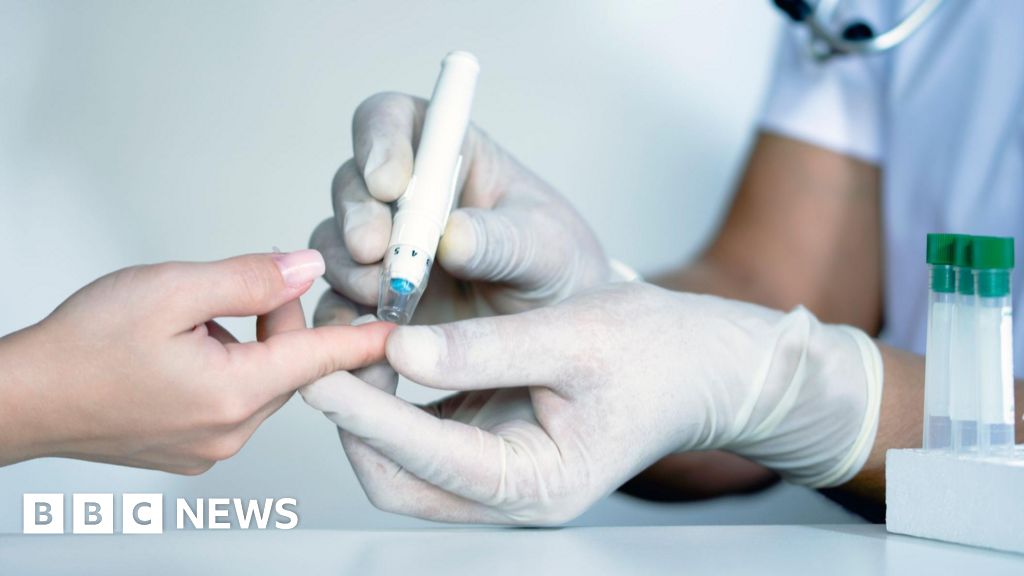
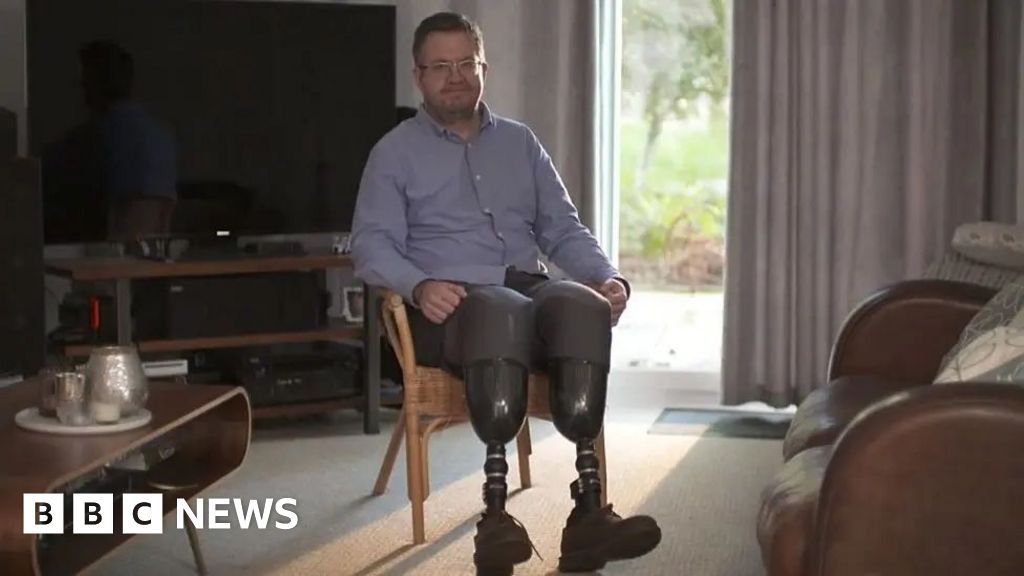
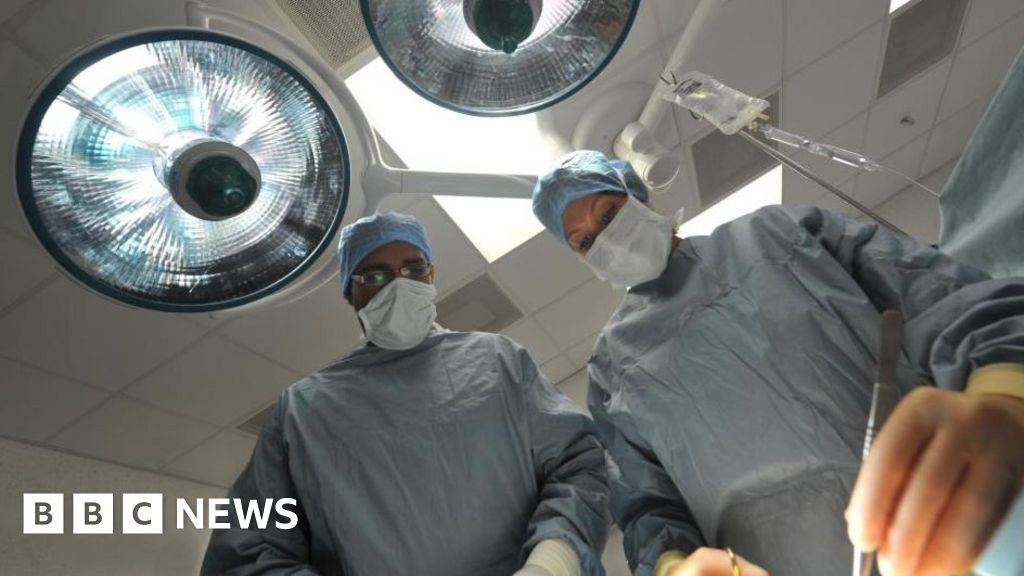
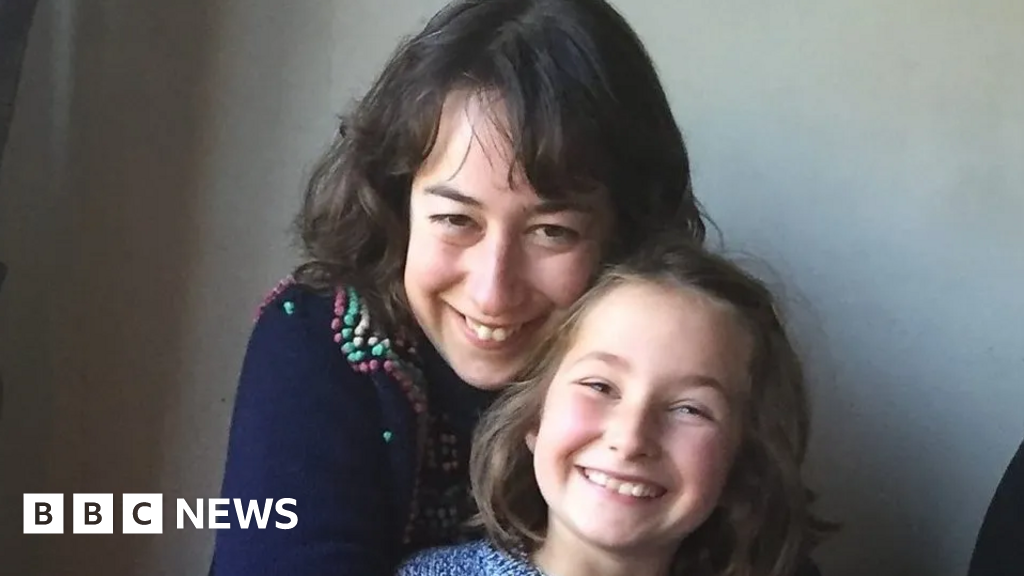
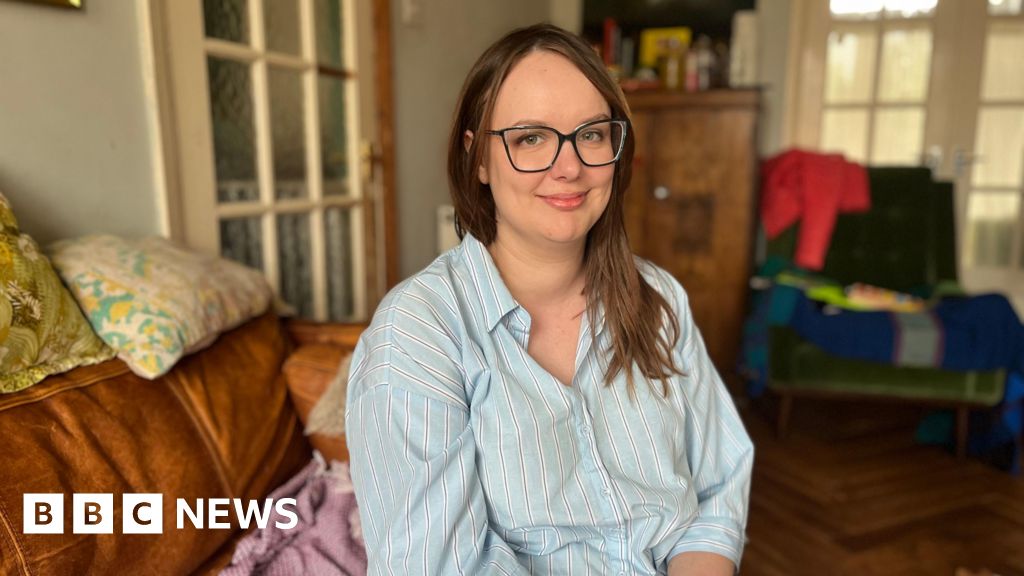
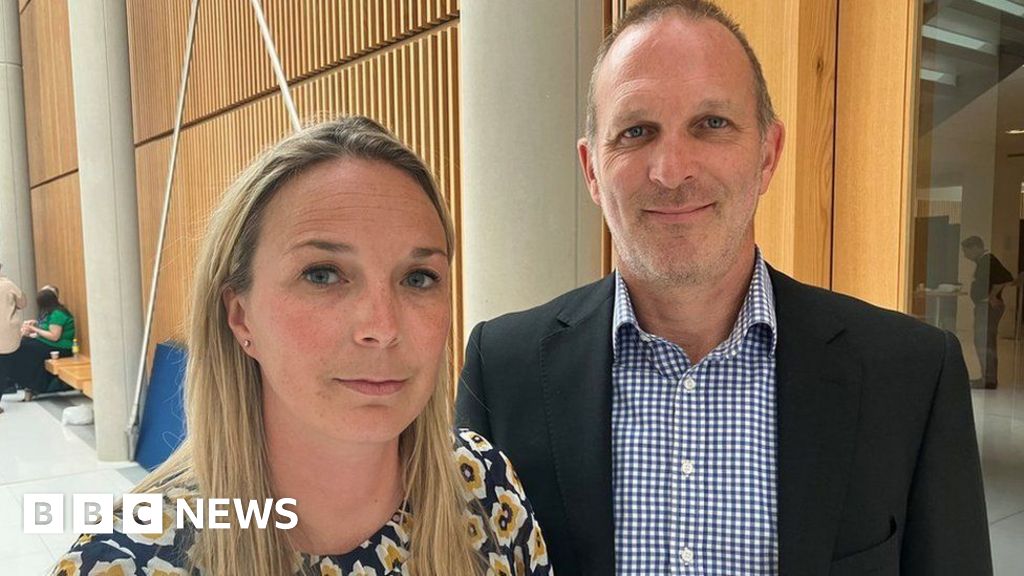

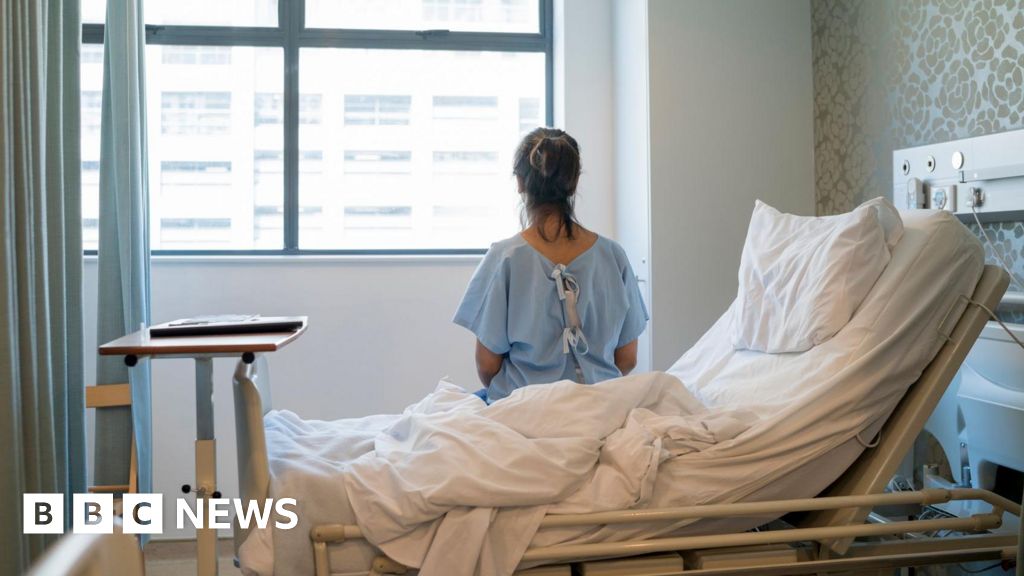

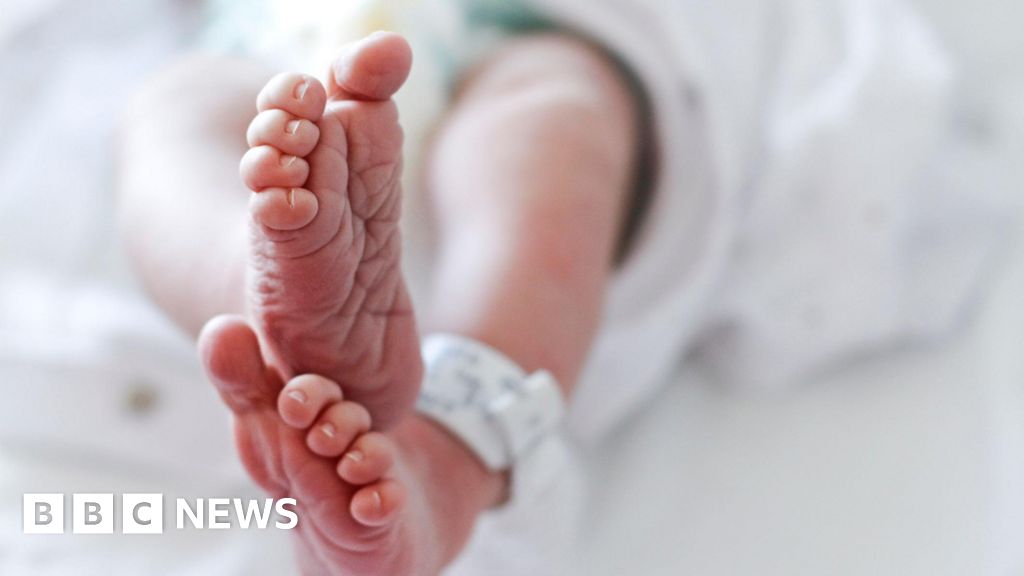
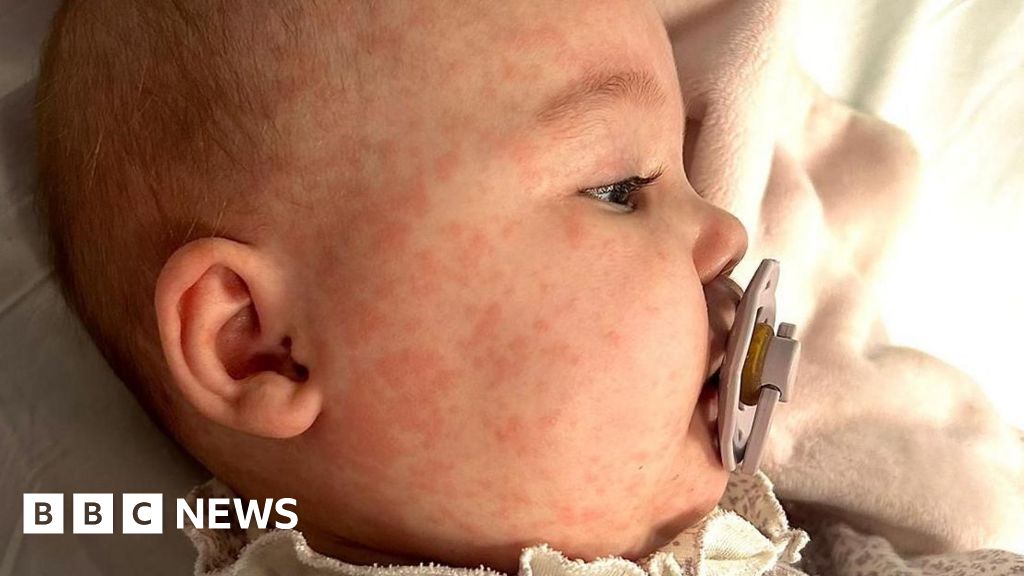





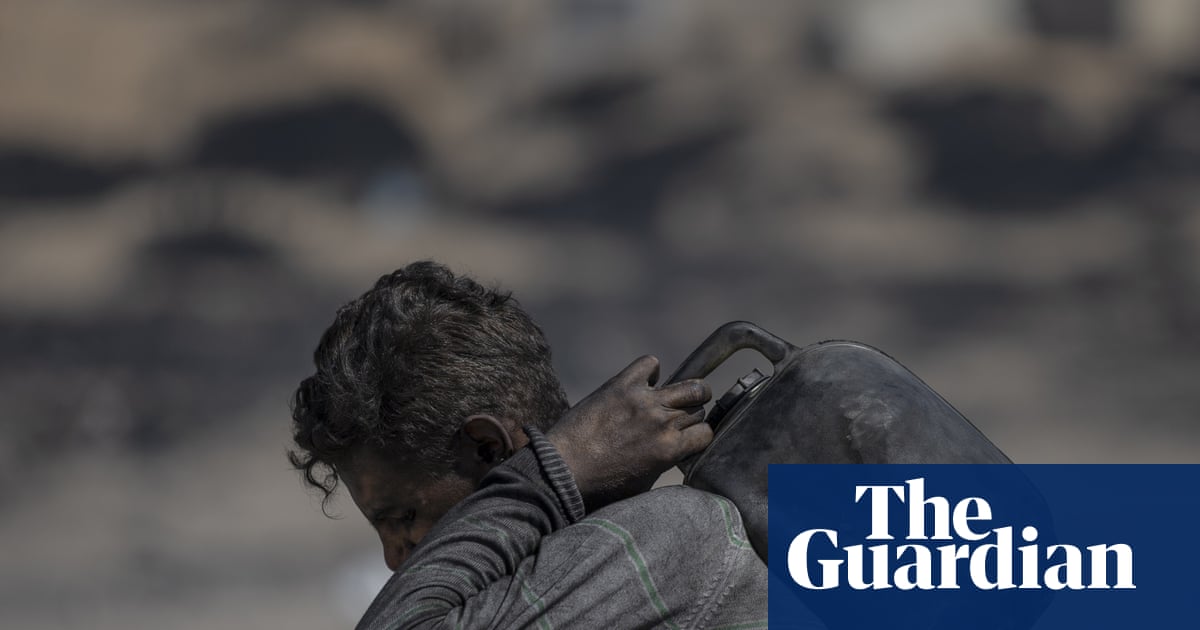






Comments